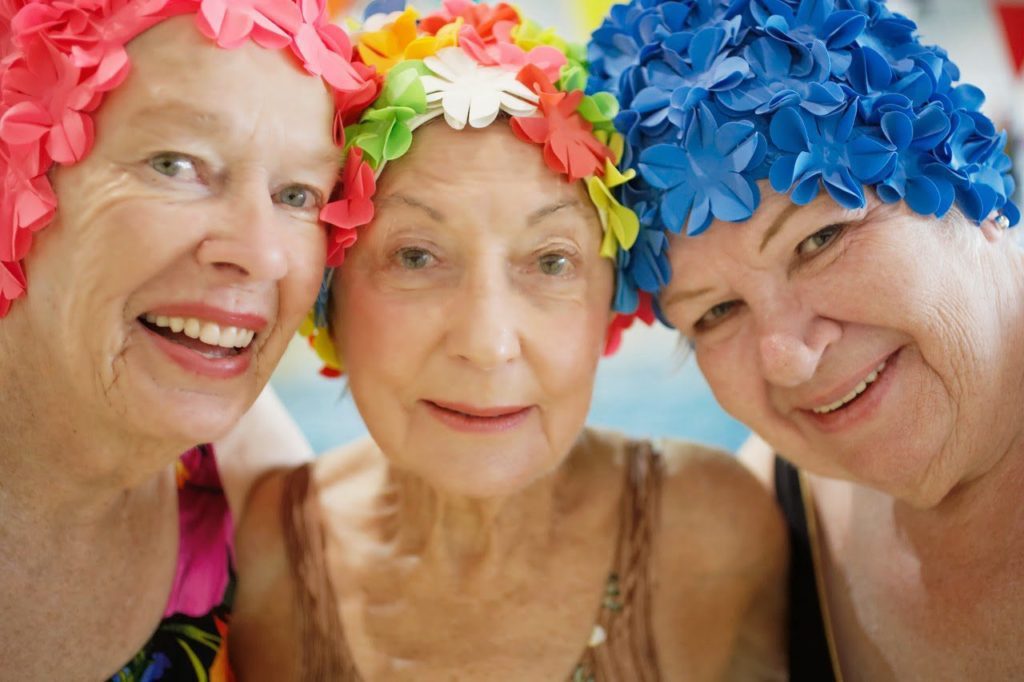Breakfast with friends…what about plans for the weekend?
Today our associate stopped by a local diner to have breakfast with a couple of friends. She mentioned that as she settled in to look at the menu she found herself perusing the dining room —in other words, she was “people watching.”
She soon realized that at 8:00AM on this Friday morning the average (mean) age in this restaurant was probably 65! Yes, there were many people well into their 80s. What really caught her attention was how engaged everyone seemed to be…smiling, laughing, engrossed in their conversations and interacting with the wait-staff. It was genuinely refreshing to see people enjoying their senior years with friends and family members, sans hand held devices.
Our associate wondered how these seniors might fill their weekend days…swimming, gardening, walking, going to a movie, visiting a museum or simply welcoming friends or family members to share a cup of tea. Almost certainly they would not be lonely!
But what if loneliness were a problem for a senior adult?
The quick answer to this question is “loneliness can lead to premature death.” This is according to new research that was presented this past Sunday at the annual meeting of the American Association for the Advancement of Science (AAAS) being held in Chicago, Illinois. One of the speakers on the general subject of “The Science Of Resilient Aging” was psychologist John Cacioppo. Dr. Cacioppo is the director of the Center for Cognitive and Social Neuroscience at the University of Chicago. The paper presented “Rewarding Social Connections Promote Successful Aging” offered:
Using a nationally representative sample of 2,101 adults aged 50 years and over from the 2002 to 2008 waves of the Health and Retirement Study, we estimate the effect of loneliness (i.e., the absence of rewarding social relationships) at one point on mortality over the subsequent six years, and investigate social relationships, health behaviors, and health outcomes as potential mechanisms through which loneliness affects mortality risk. Loneliness was associated with increased mortality risk over a 6-year period, and that this effect is not explained by objective social relationships or health behaviors. We also find that loneliness contributes to pathophysiological processes, including fragmented sleep and alterations in gene expression. These studies contribute to a growing literature indicating that rewarding social relationships is a protective factor for morbidity and mortality and point to potential mechanisms through which this process works.
The bottom line as reported by USA TODAY: An older person who feels lonely has a 14% higher risk of premature death…”Cacioppo and colleagues have found that feeling lonely and isolated from others can lead to less restful, restorative sleep, raise blood pressure, cause morning increases in the stress hormone cortisol, increase depression and lower the overall feeling of living a meaningful life. ‘Poor quality of sleep hastens aging.'”
Can you just say hello?
Many times when we publish a post people will say, “Well, that was interesting, but what can I do about this problem?” It turns out that the topic of loneliness and how it affects people’s health, both physically and mentally, is often studied by researchers and we can all do a little something. We came across an interesting article on CNN – Loneliness: 5 things you may not know. We hope you will take a few minutes to read this article; it won’t disappoint.
The article features a new Public Service Announcement (PSA): One word may help you live longer.
If you are having trouble viewing the video, you can see it here.
So there you have it…just say hello and if you care to share your experience on social media use the hashtag #justsayhello. You never know whose life you will impact; it could be your own!














